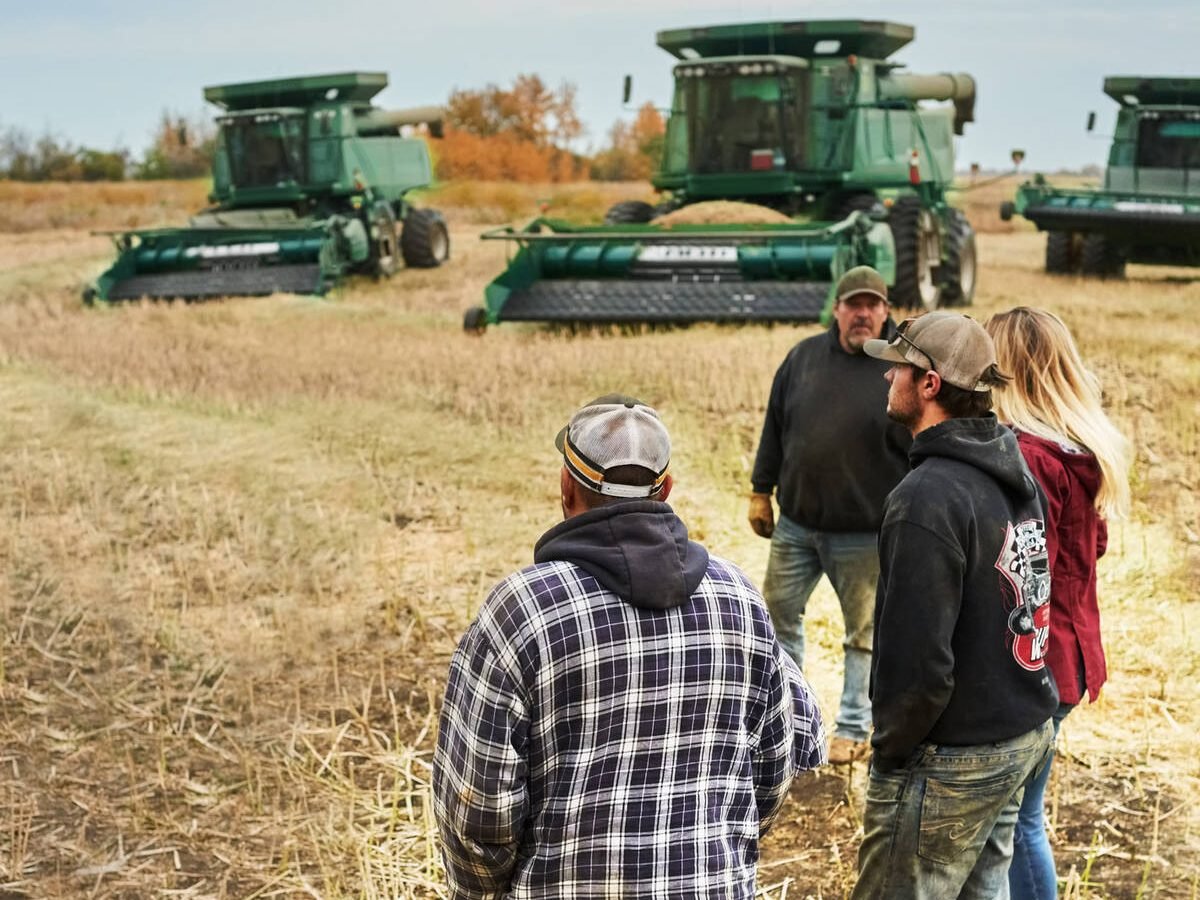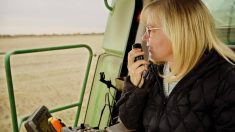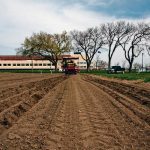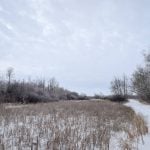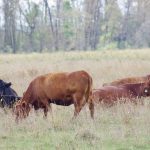I grew up on a family farm in southern Manitoba. I have fond memories of those early years: countless hours riding in the “buddy” seat of the tractor or combine or swather, ripping around the yard on the quad or snowmobile, exploring all the nooks and crannies of the old granaries. As I grew up, I graduated to purposeful tasks such as delivering meals to the fields, cutting grass and pulling weeds. Pretty soon after that, I was operating a grain cart, cultivating or harrowing fields and hauling anhydrous wagons. All my peers in our small community were doing the same and I’m sure many of you had a similar experience.
Getting an education while growing up on the farm was just part of the package. I only realized it had happened later on in life during my first off-farm job as a carpenter. My boss had rented a telehandler loader for a job and announced I’d be driving it because “You’re a farm kid, you can figure it out.” I didn’t think twice, hopped in and sure enough I had it figured in less than a minute. After that I began to pay attention to the wide array of skills I’d acquired outside of the public school system. Even now, as I’m about to turn 40 years old later this year, I’m noticing abilities I have that I learned on the farm.
The learning environment on our family’s farm was learn-by-observation, followed quickly with learn-by-doing. I’m pretty sure it’s the same on most other farms. The many hours riding buddy with my dad or opa in a tractor was the observing part. I was mesmerized by the spinning augers of the pickup header or the way the soil would be thrown by a cultivator shovel. I connected the dots from a lever pull in the cab to the shifting equipment outside the cab or how subtle changes in crop density would be reflected by engine noise, indicating the driver should make an adjustment. Furthermore, I was learning the spatial awareness required to maneuver a sometimes 120-foot-wide implement through a field. I was soaking it all in, learning everything I could through observation.
Read Also
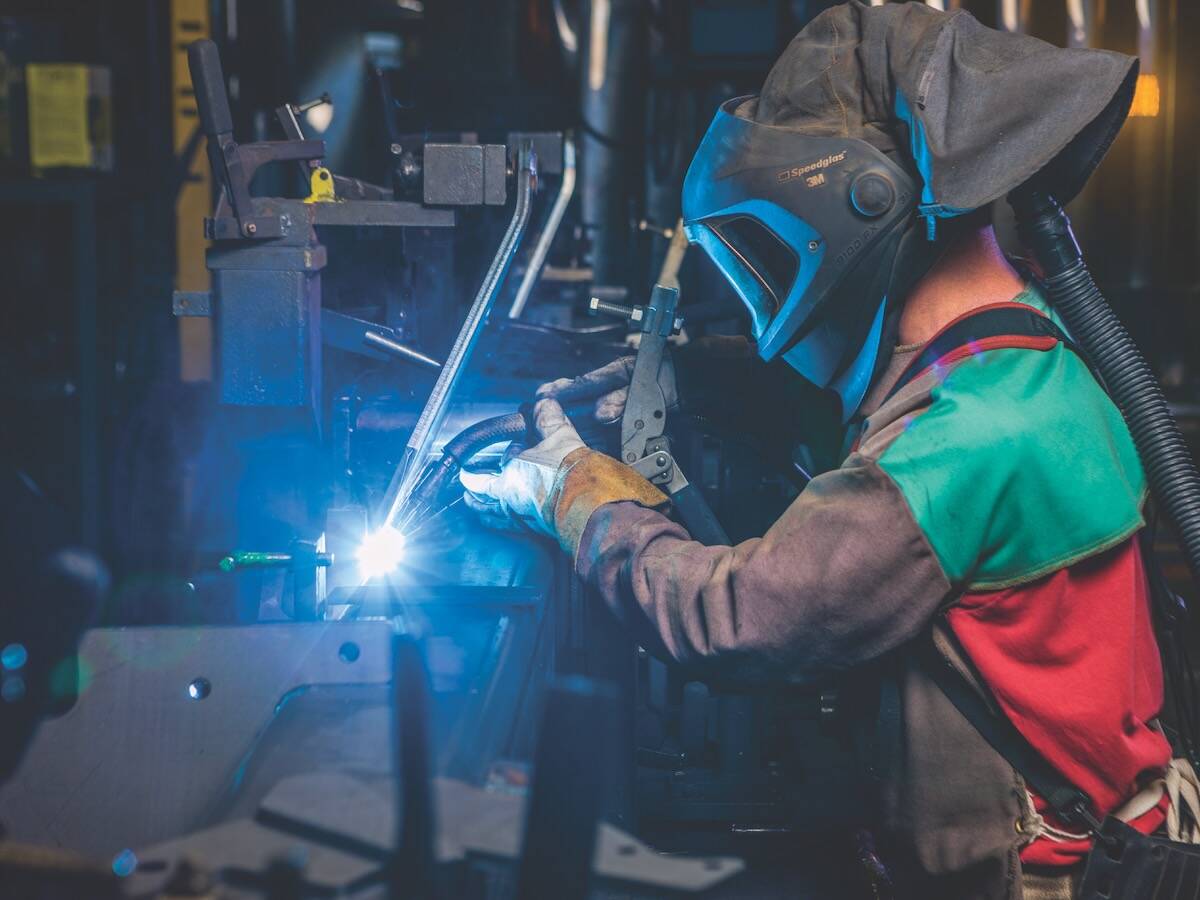
Farm equipment market unlikely to pick up
North America’s farm machinery sales have been slow and uncertain thanks to tariffs and trade disruption. There’s not a lot of hope for change in 2026.
I was also receiving instruction while I rode along. My dad would tell me specific things to watch out for and show me specific subtleties of each piece of equipment. There were certain ways he preferred to drive and he expected me to operate similarly when I would eventually take over. In other words, there were preferred ways and less-preferred ways to operate the equipment.
Stage two, learn-by-doing, came quickly for some jobs and only later on for the more high-stakes tasks. I can’t remember how old I was when I began cutting grass but, the stakes were relatively low, so perhaps around 10-years-old. With my observational knowledge and a few instructions, I jumped on the lawn tractor and started mowing — slowly at first, and as I gained confidence, the speed increased. Dad would give feedback, then when it was time to mow again, I would make those adjustments. I made mistakes but the grass always grew back so it was never a big deal. One time I did drive over a water spigot and that was a bigger deal!
As I grew in age and experience, higher-stakes jobs became available. That meant mistakes could lead to costly repairs or delays. I would take what I’d already learned and apply that to the next responsibility, compounding my skill set. It wasn’t long before I was able to operate all the equipment, in some cases before it was legal to do so (driving a tractor-trailer unit to and from the field on dirt roads when I was underage, for example). As my experience continued, learning to do new tasks or drive new equipment required fewer hours of training. By the time I went to work off-farm, jumping in a completely new-to-me tractor on a job site and figuring it out was easy because of my farm education.
The focus throughout all of my learning on the farm was on specific tasks or jobs that needed to be done. Not much attention was given to other skills required for employment such as communication or conflict resolution. We just interacted with each other the way we knew best. I observed how my parents interacted with me, my siblings, their friends, each other and their parents. From birth I developed patterns and habits of communicating. The learn-by-observing and learn-by-doing stages were combined; they are for everyone.
Shifting stakes
In any business, communicating can be complex. In a family business, it is always complex. Most of our attention was given to the operational side of the farm business. In the summer months there wasn’t enough daylight to get everything done. In the winter months our time was filled with all the work we didn’t get to in the summer. We didn’t take the time to consider the relational side of the farm. It didn’t occur to us that communicating had high stakes — that errors in family relations could be just as costly as running a sprayer boom into a power pole.
I’m not casting blame on anyone; learning relational skills like healthy communication is difficult and awkward. They are also easy to overlook when so much of farming requires timely, high-priority operational tasks. Farmers can “get by” for a long time without having to think about relationships. I only came to realize much later in life that each of my family members and I had a preferred way we liked to be communicated with. I learned that when I read a book about personality styles.
Learning how to become a healthy communicator or how to resolve conflict may be difficult, but it isn’t impossible. The environment I grew up in and described to you was rich with skill development. We were all learning, day in, day out — using our mistakes as opportunities to further develop our abilities, evaluating our processes to become more efficient. I’m sure your farm isn’t any different. We can all learn to do just about anything. Start small and make little improvements. Compound your skills and apply them to higher-stakes conversations and make even more improvements. Don’t worry, you will fail, but everybody does; it’s the best way to learn.

